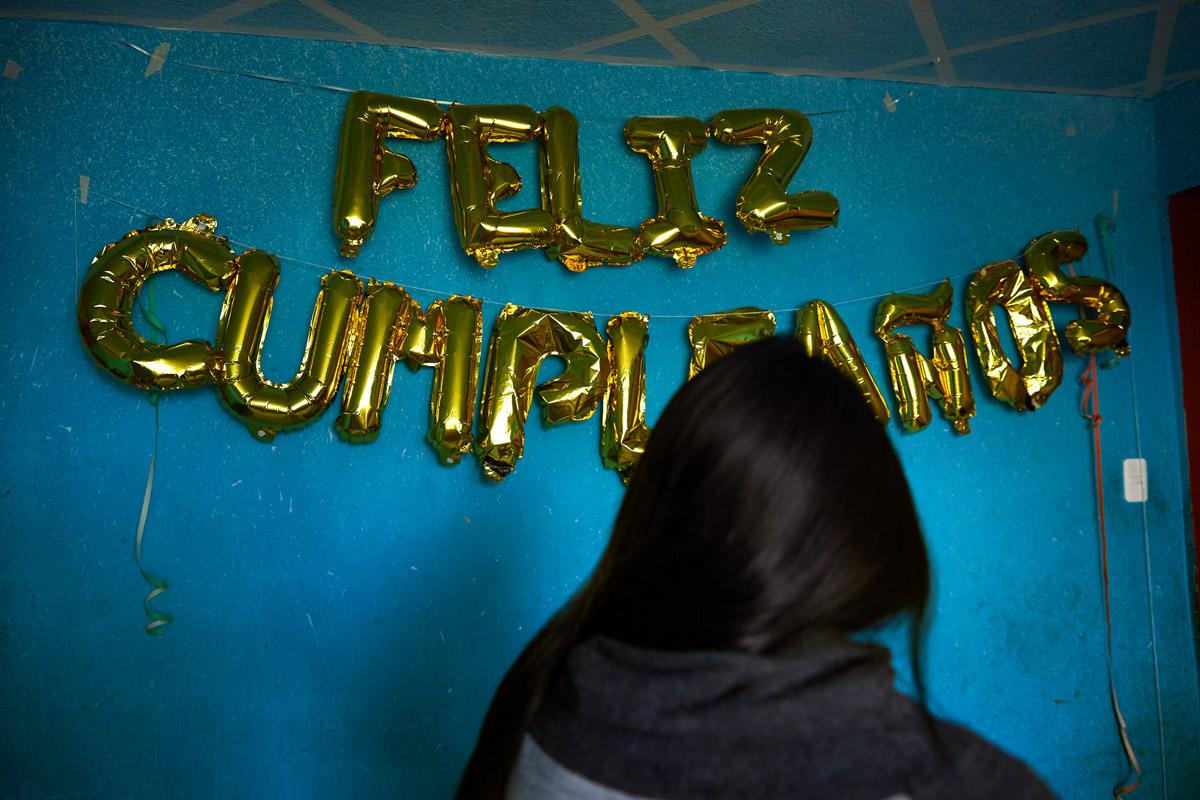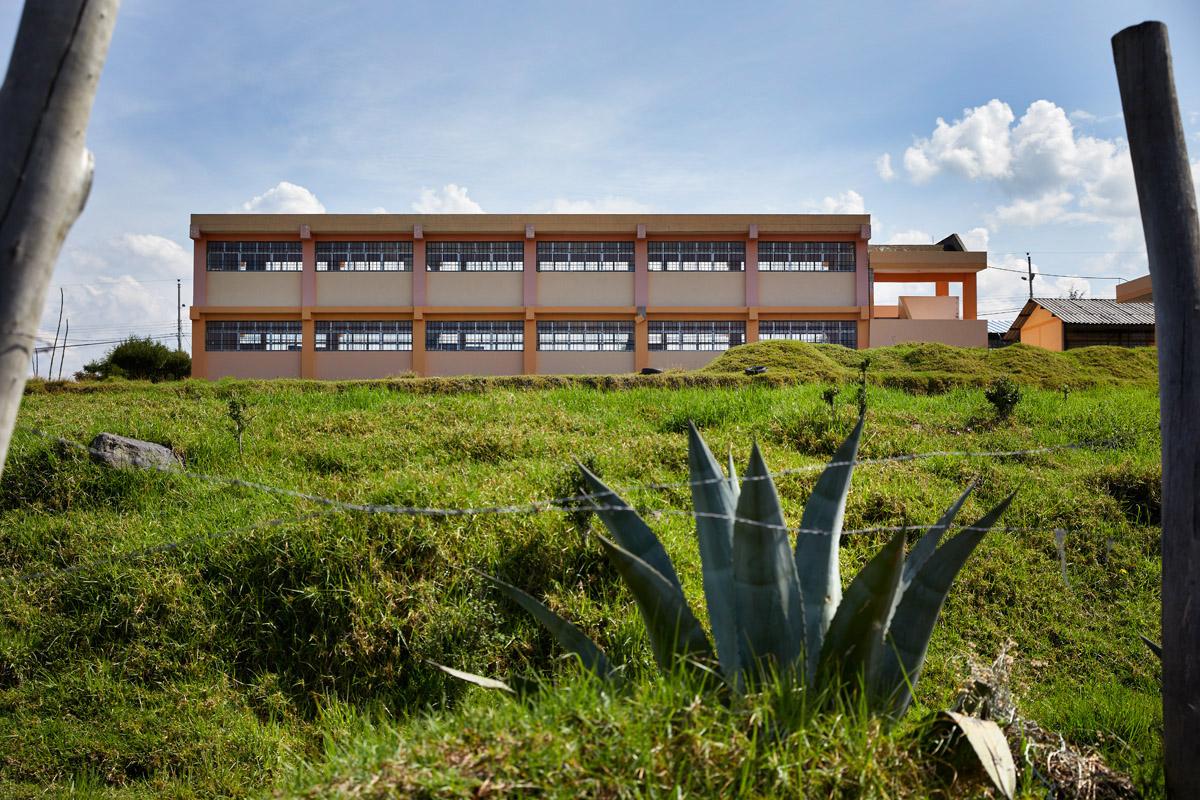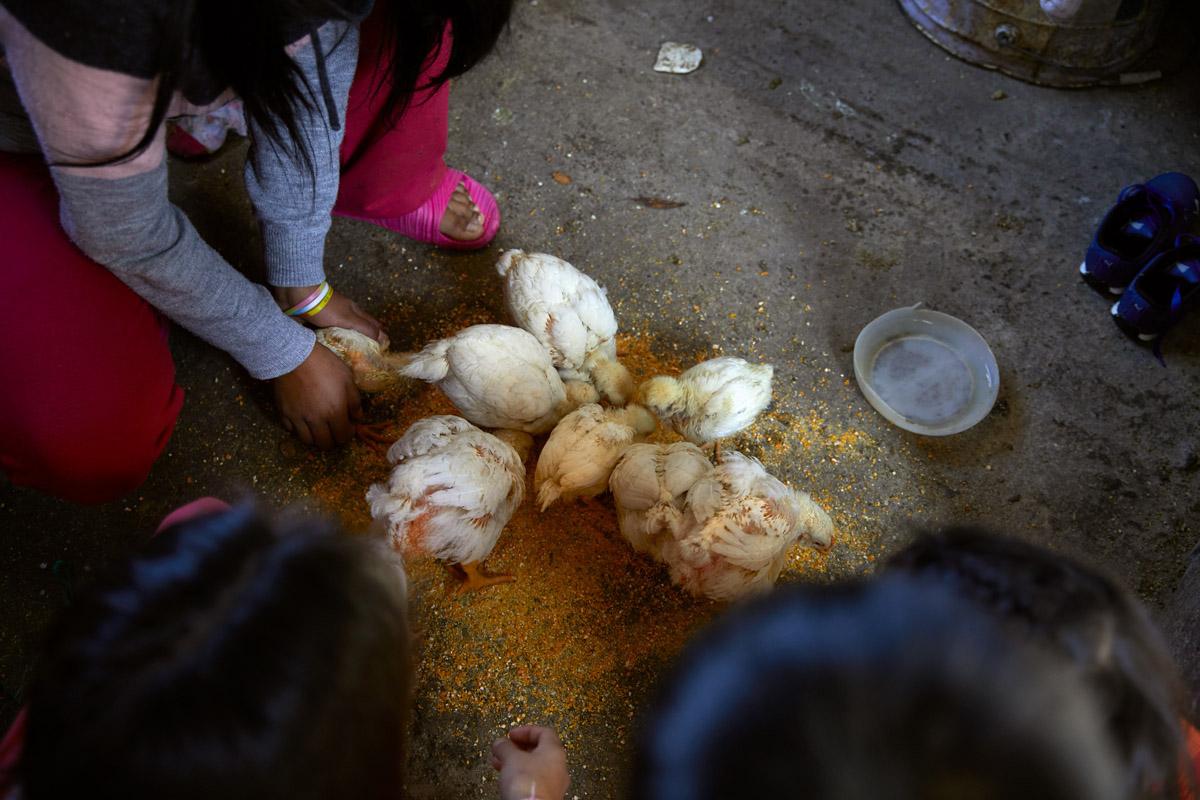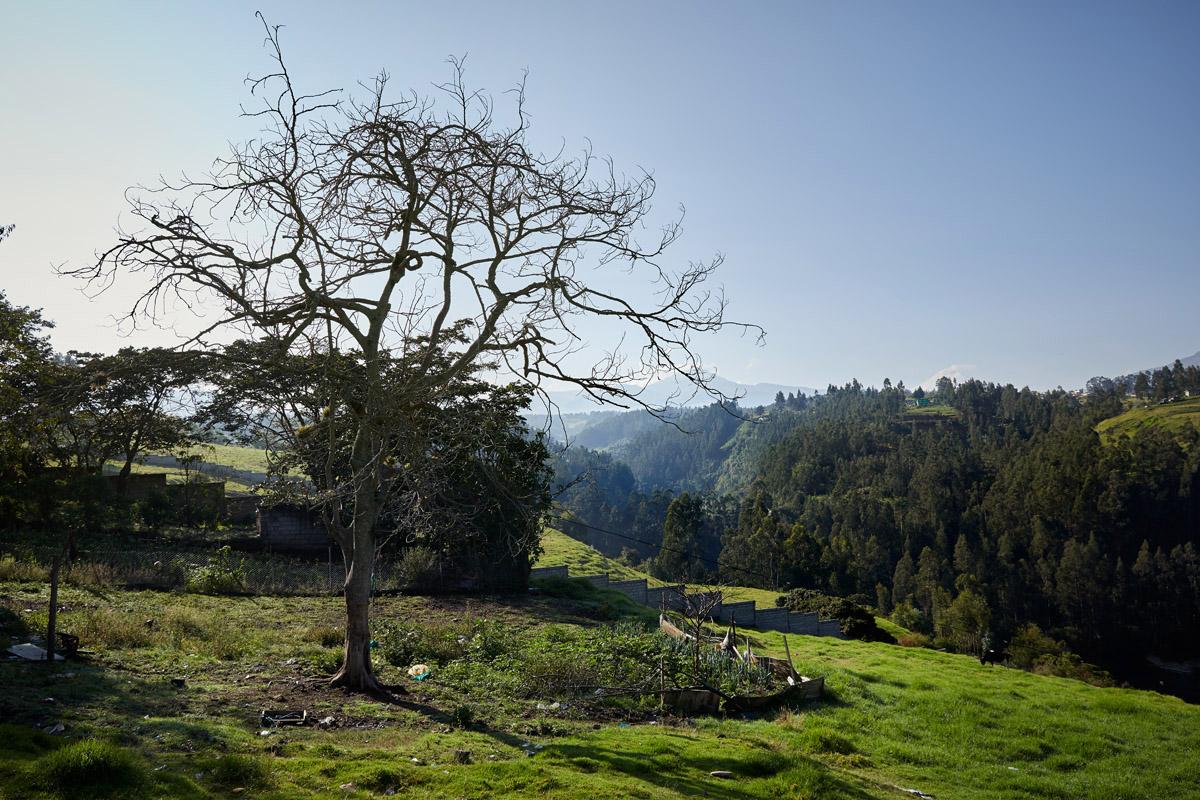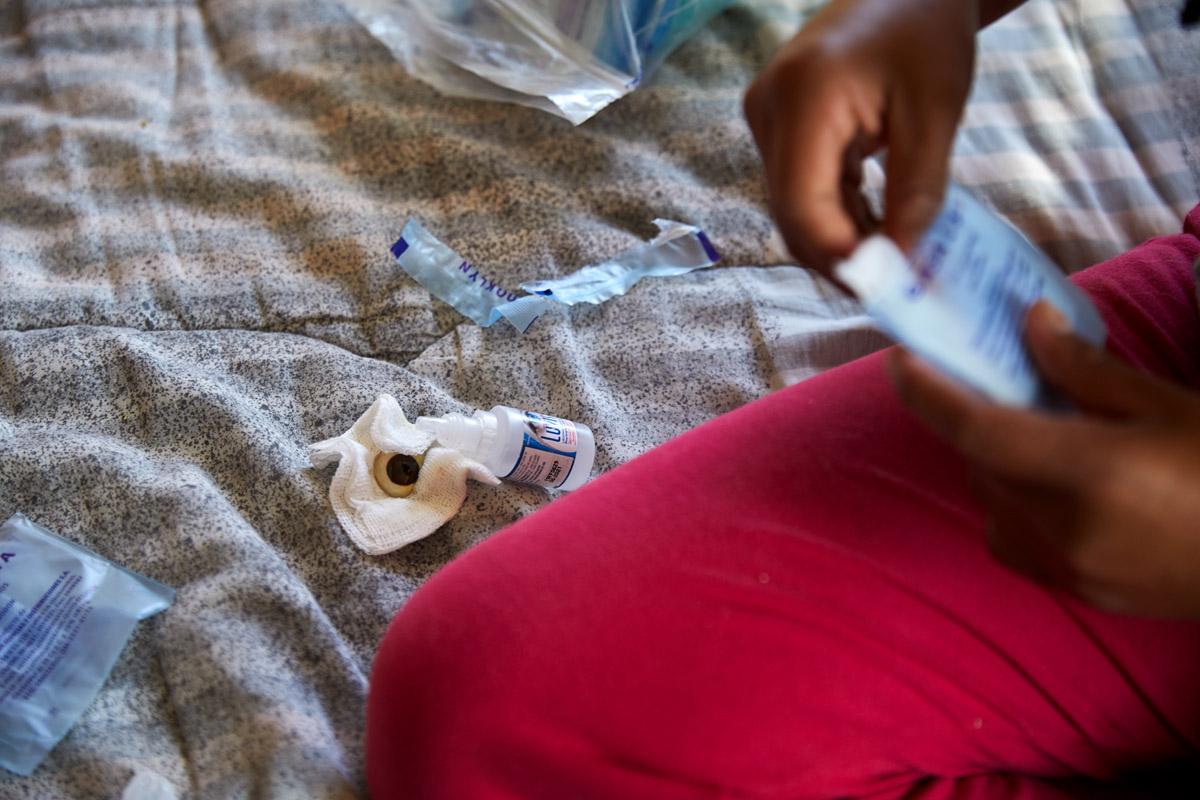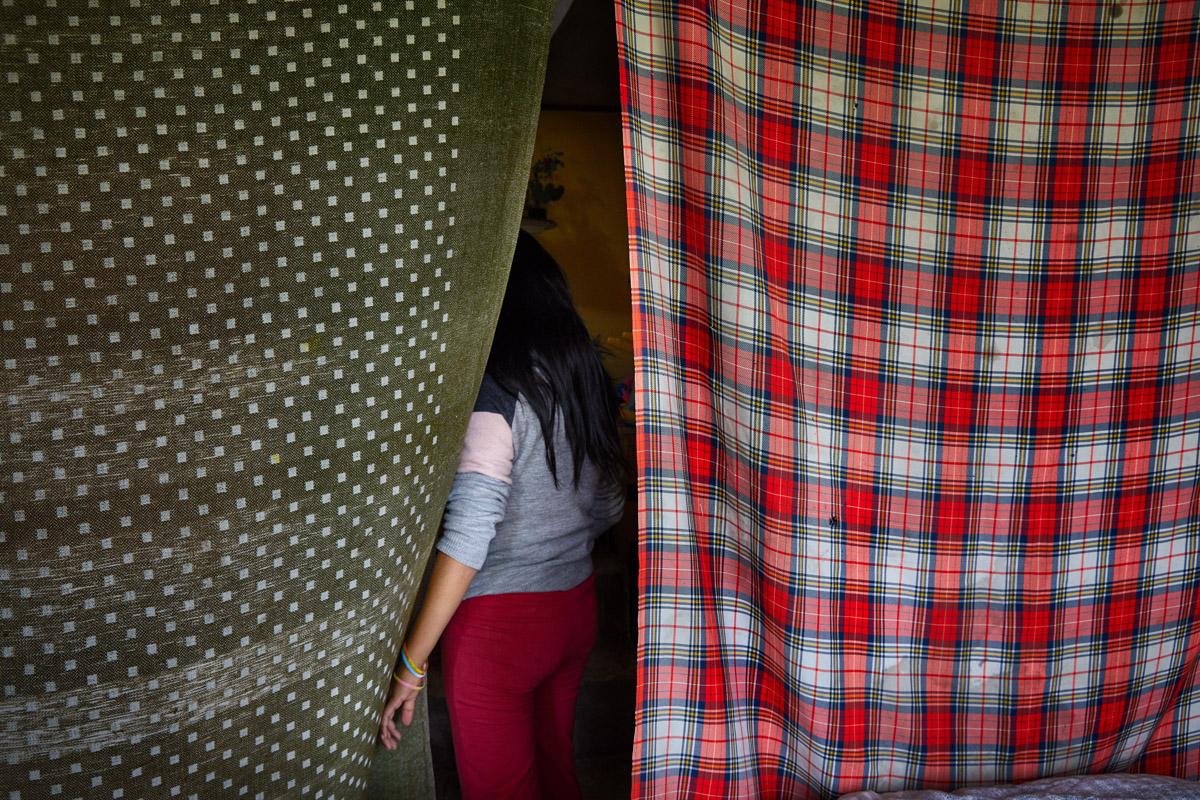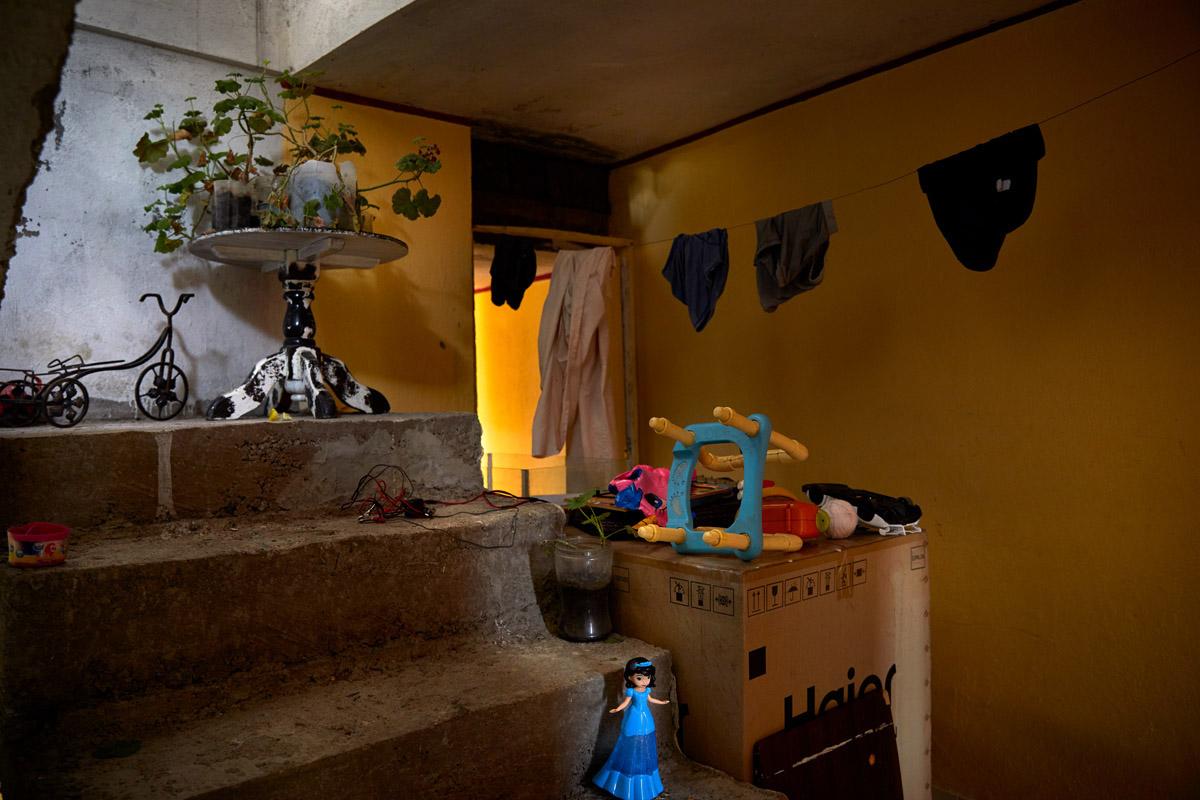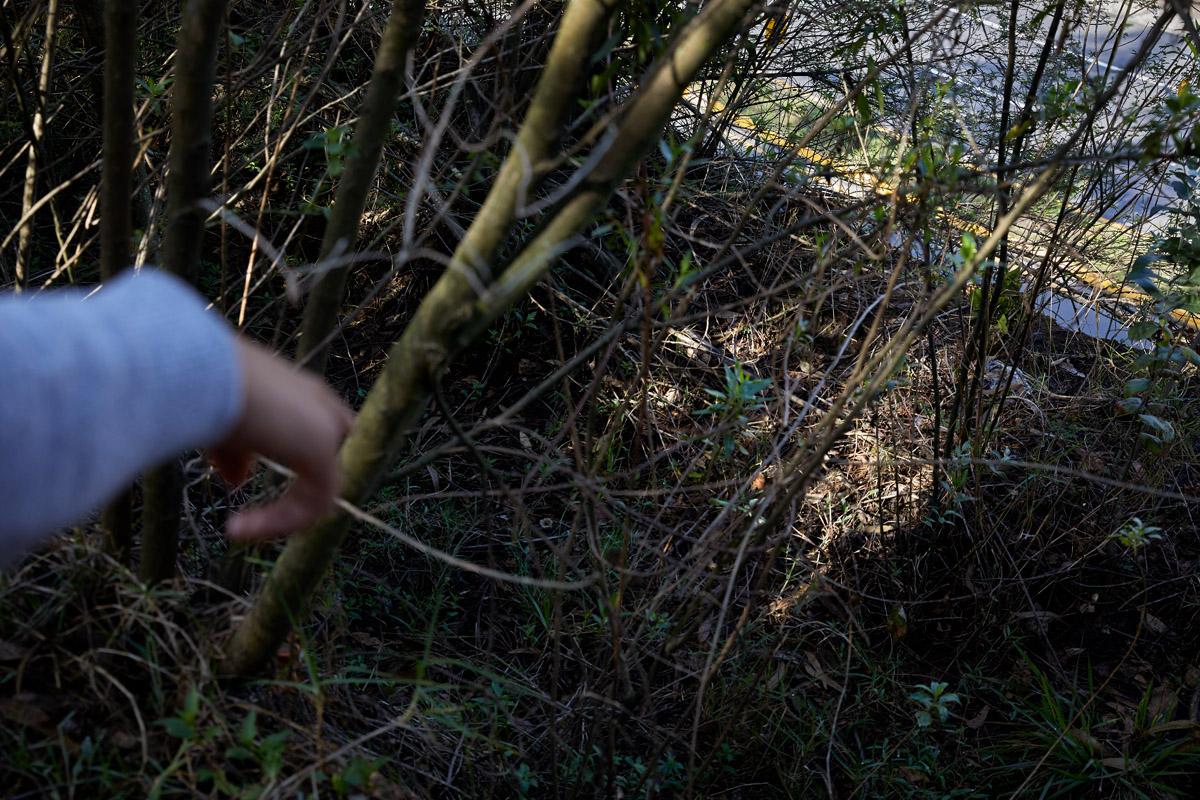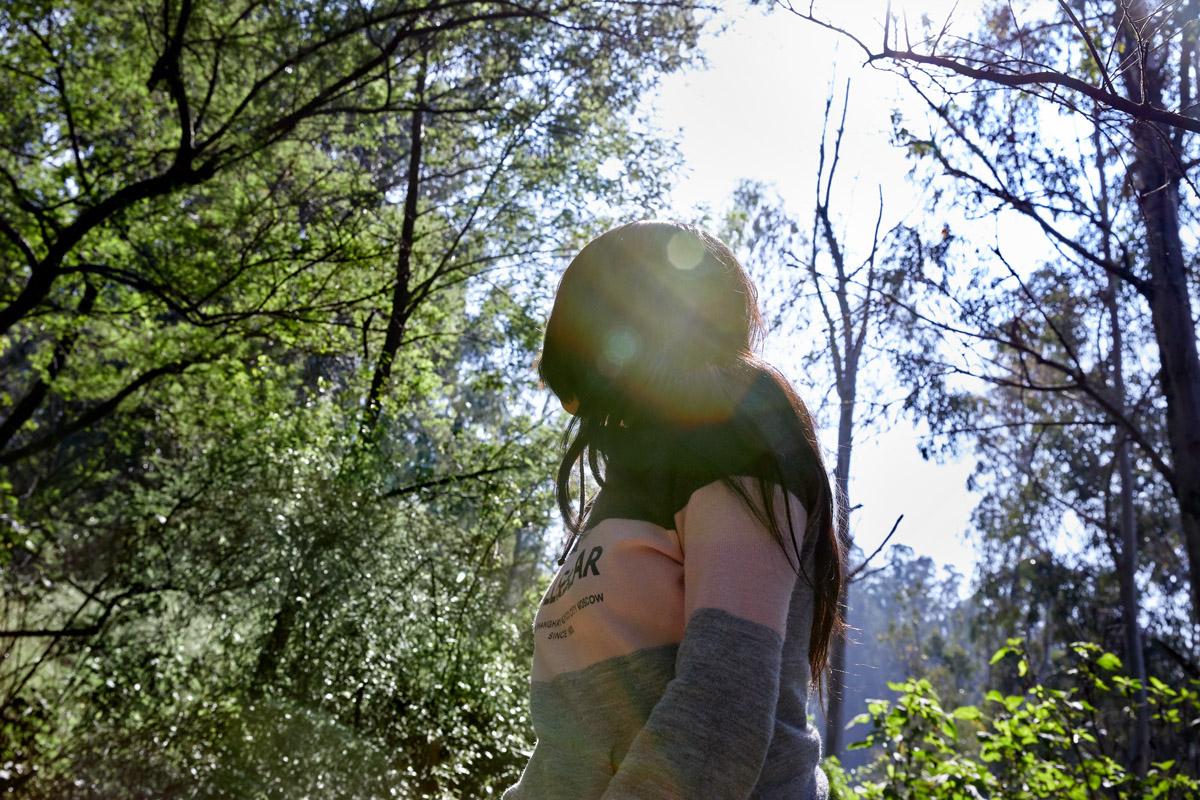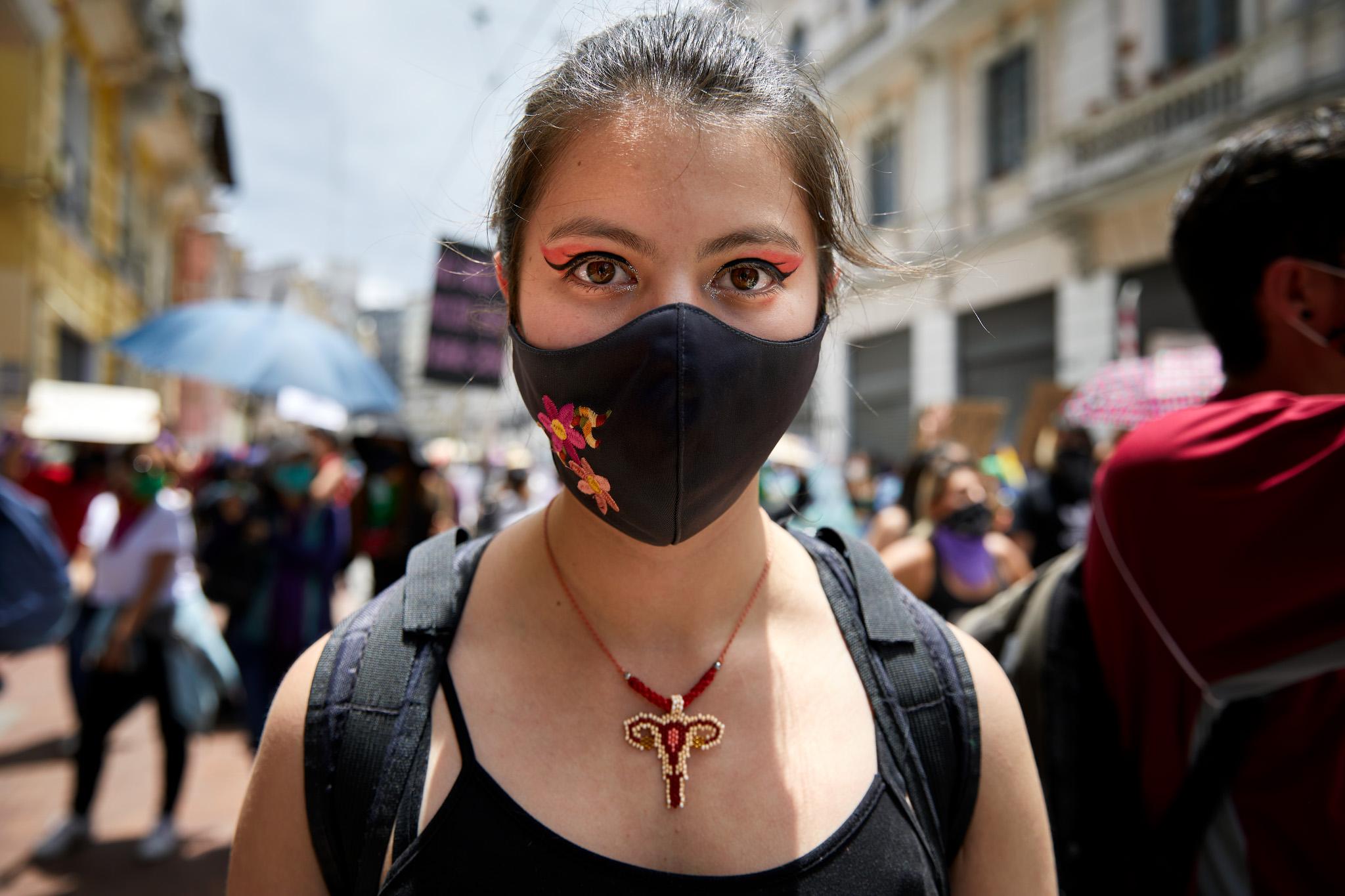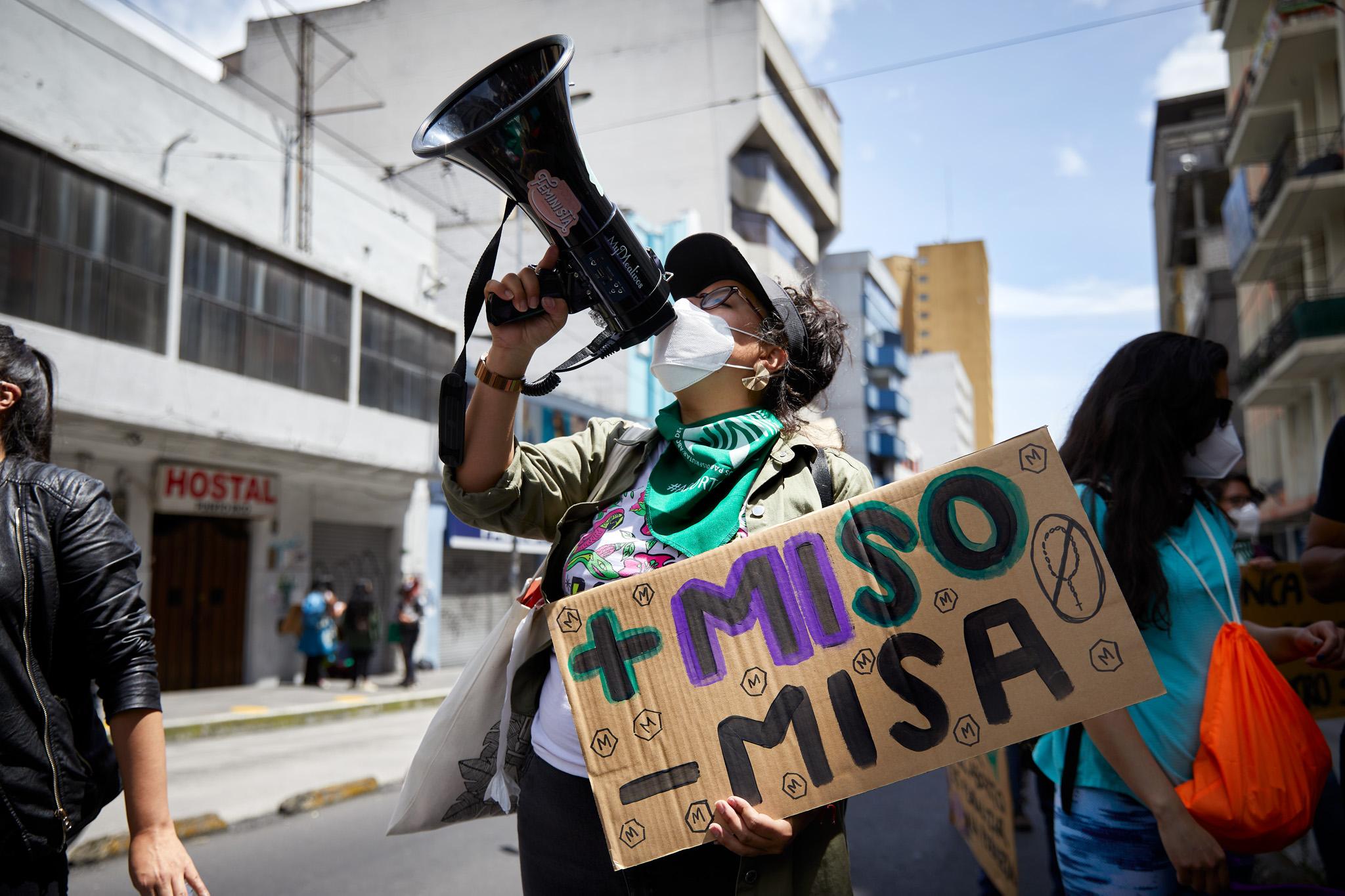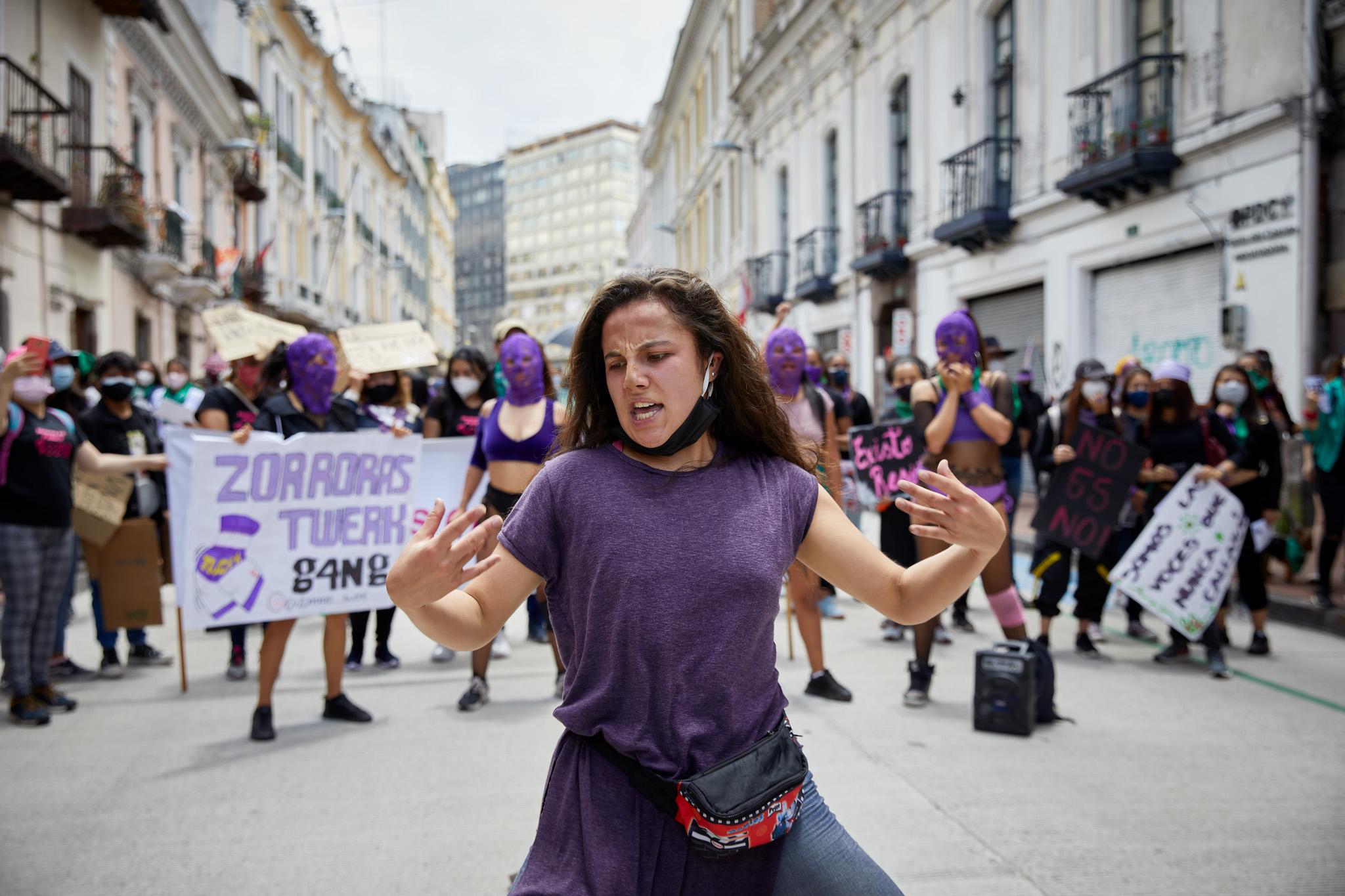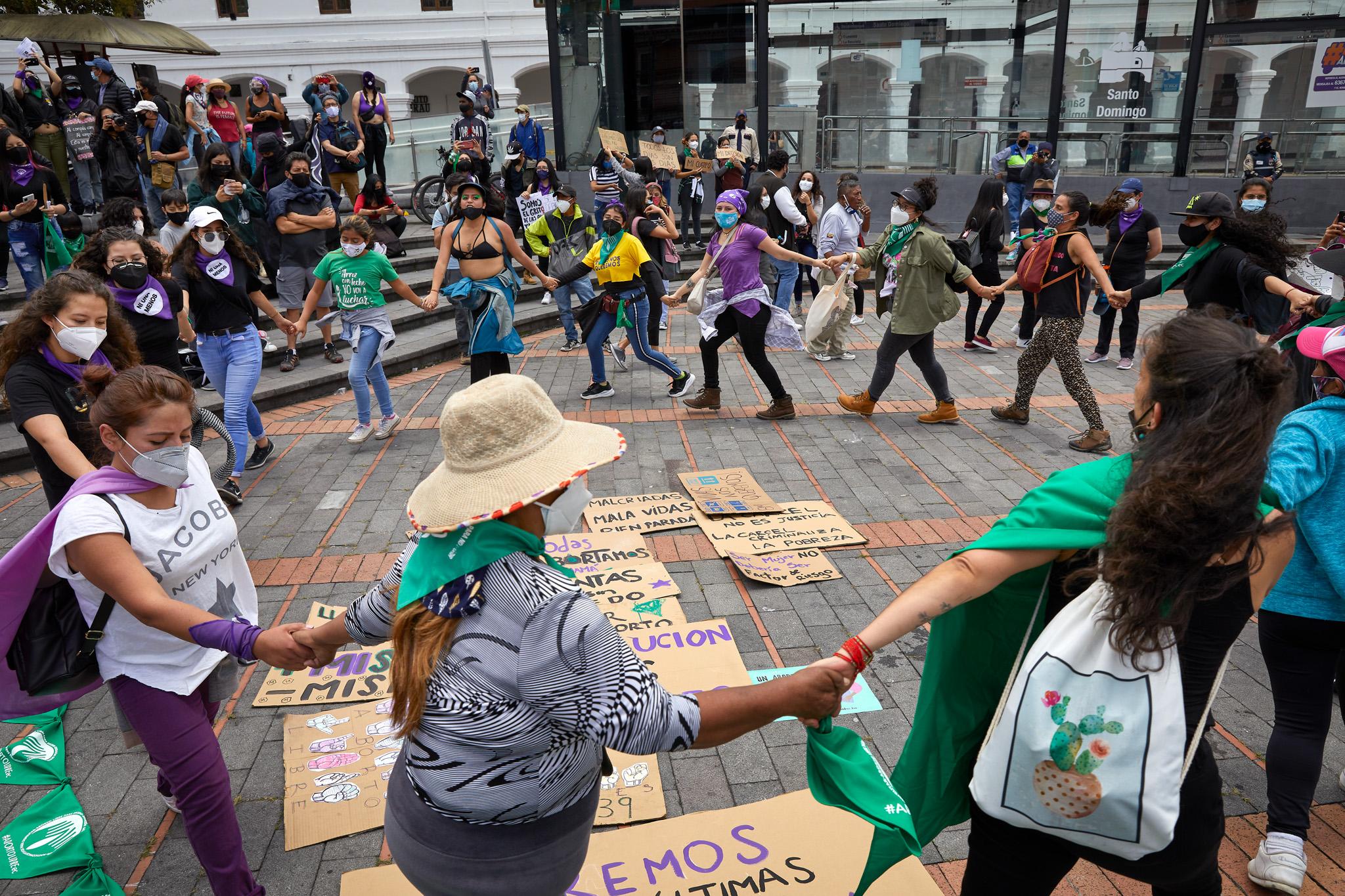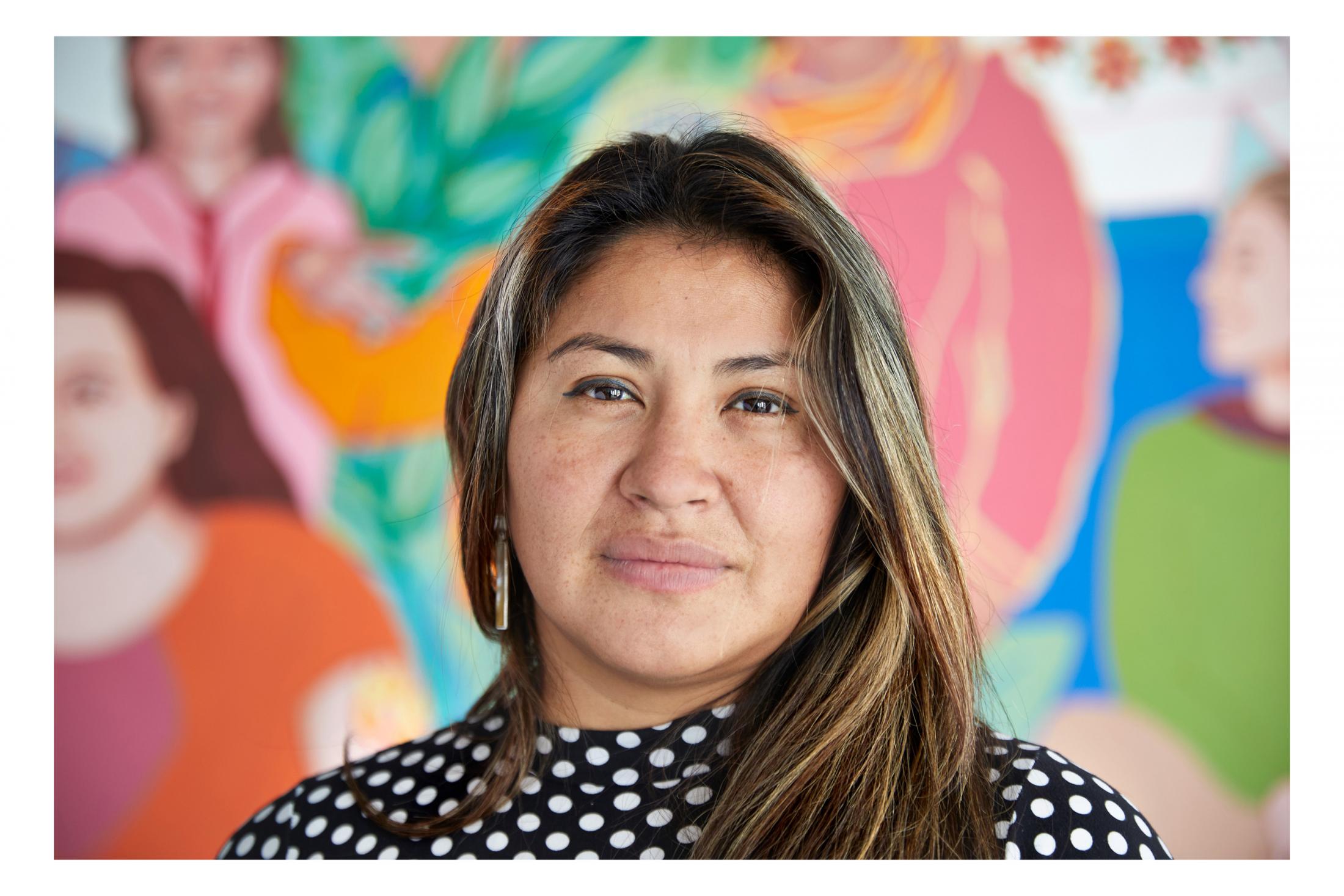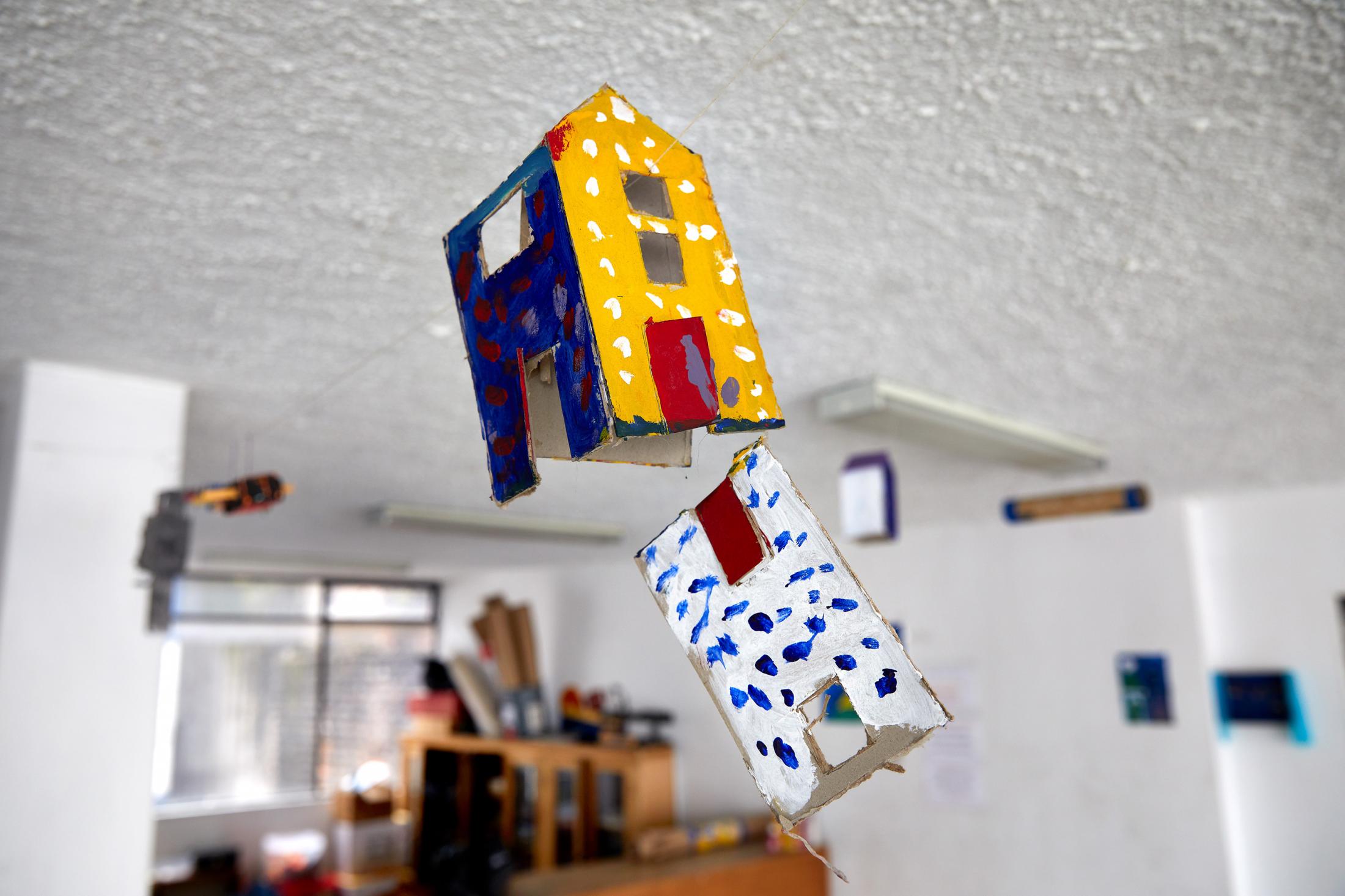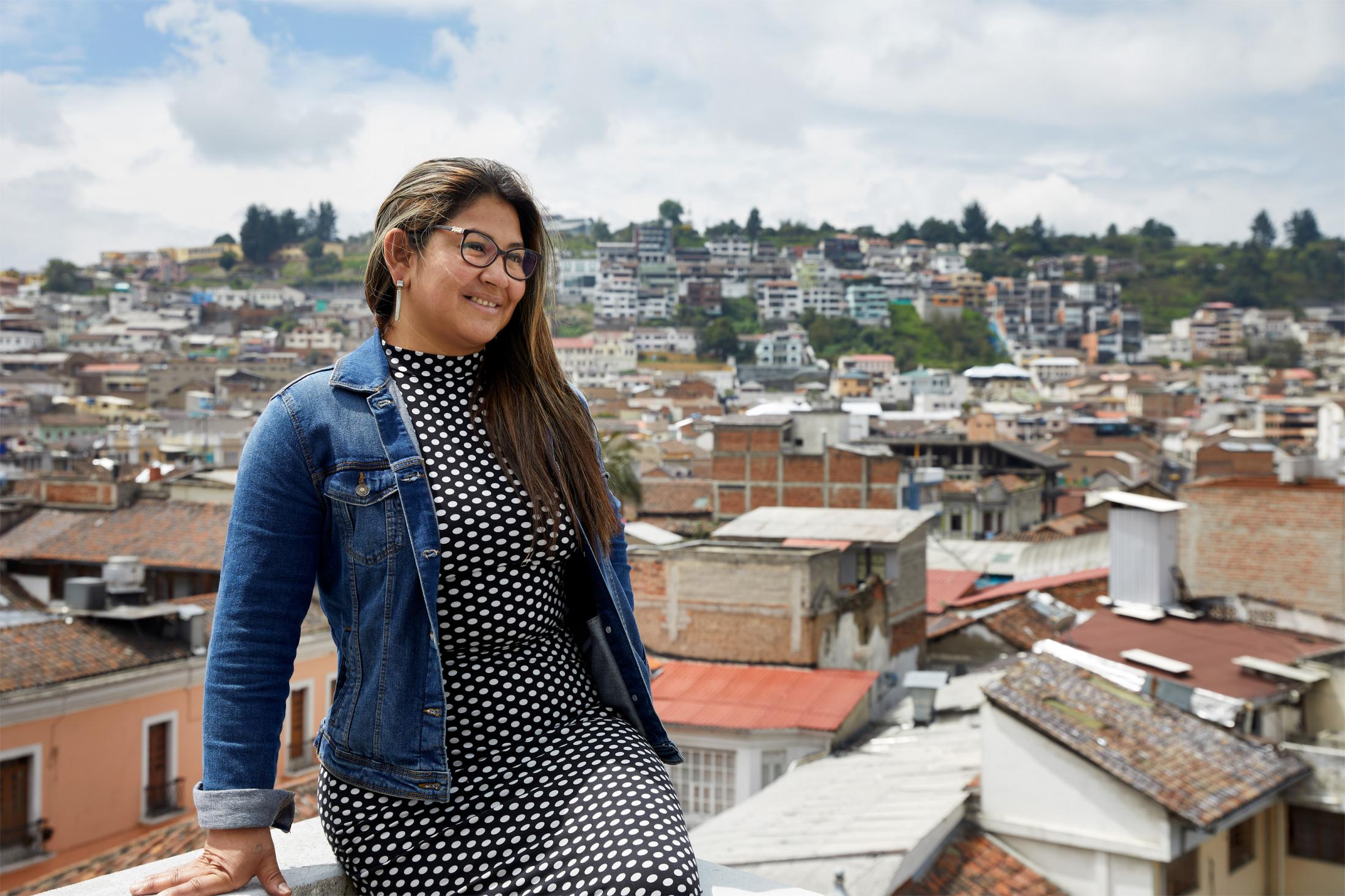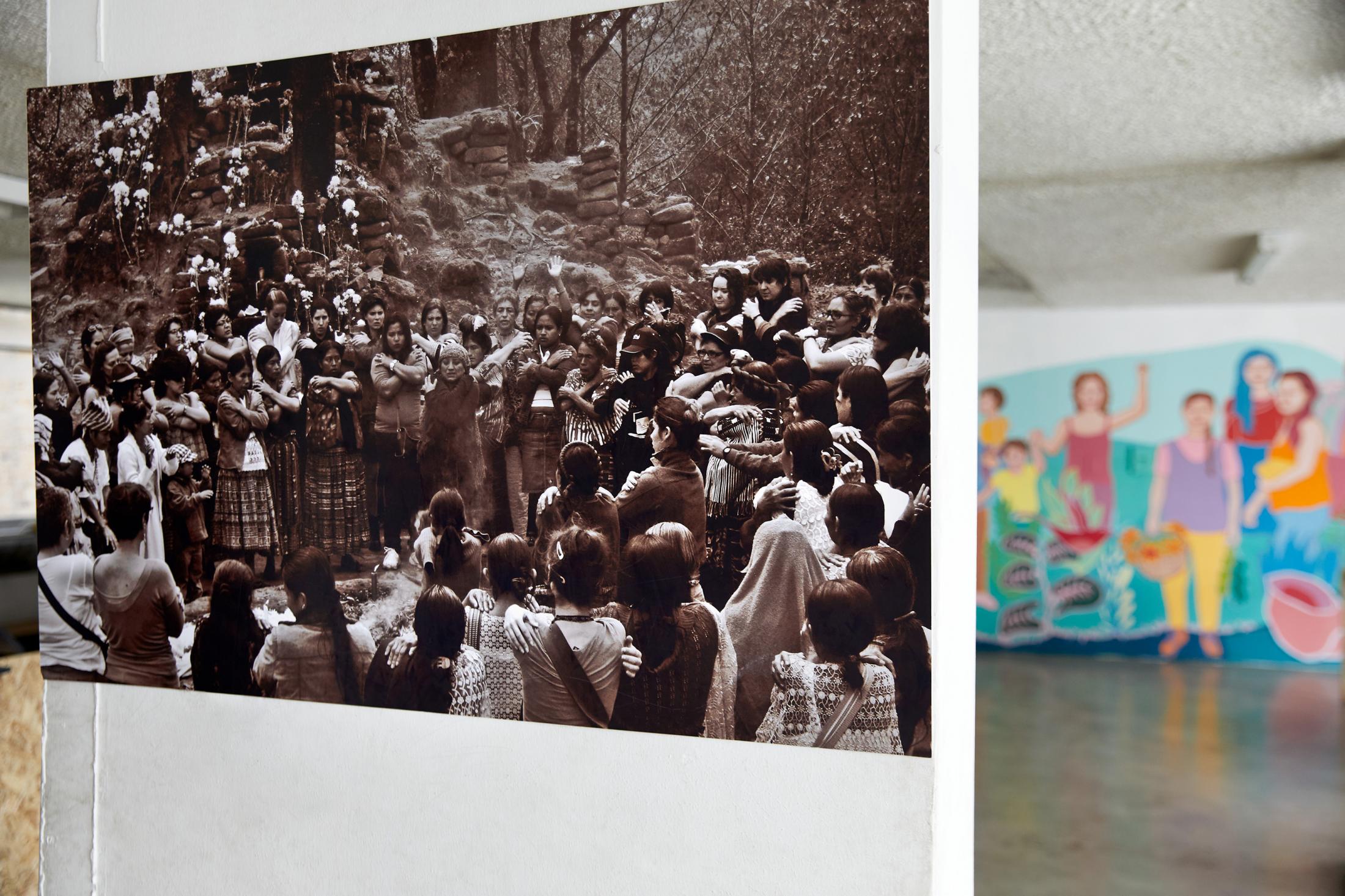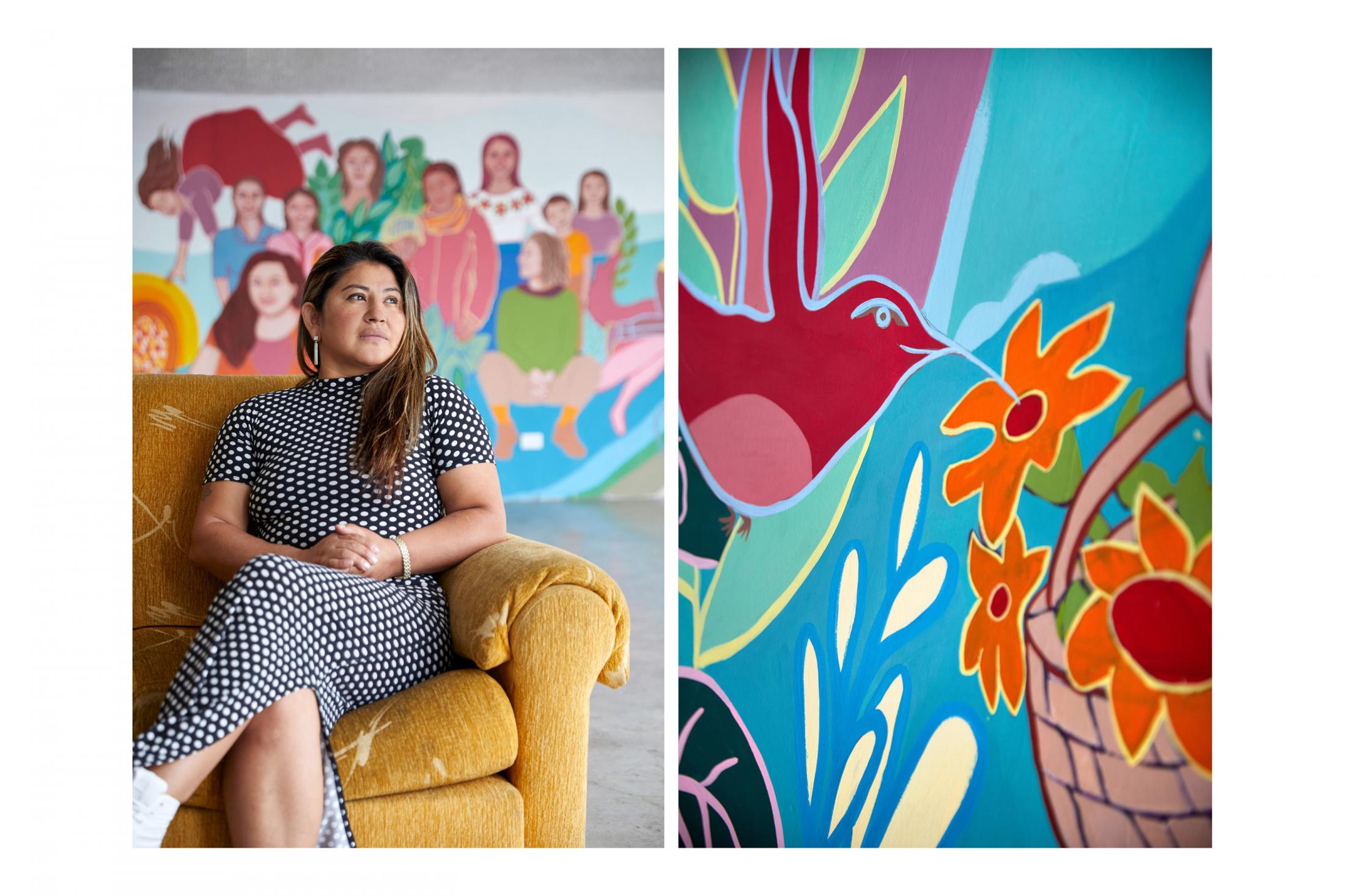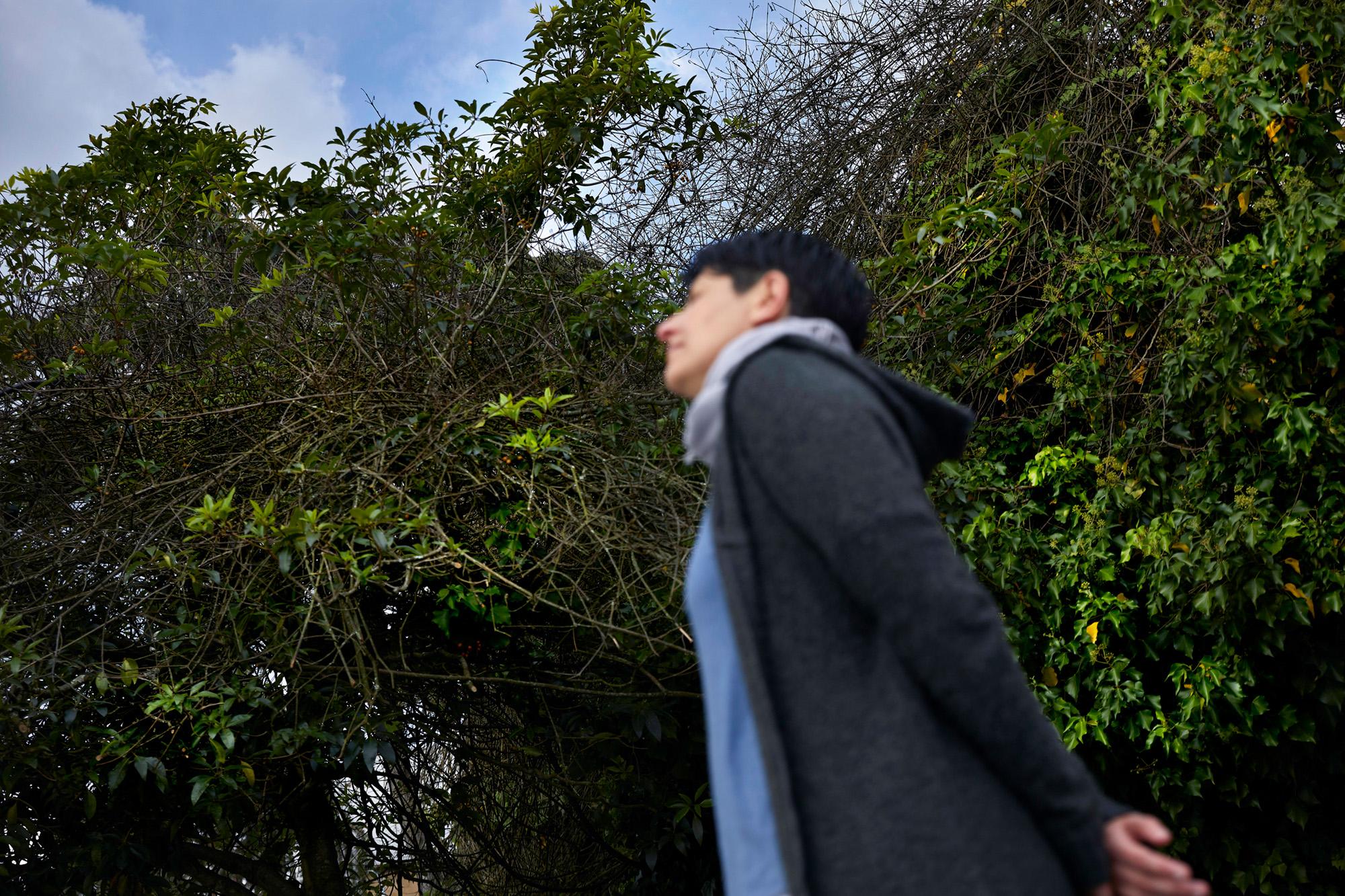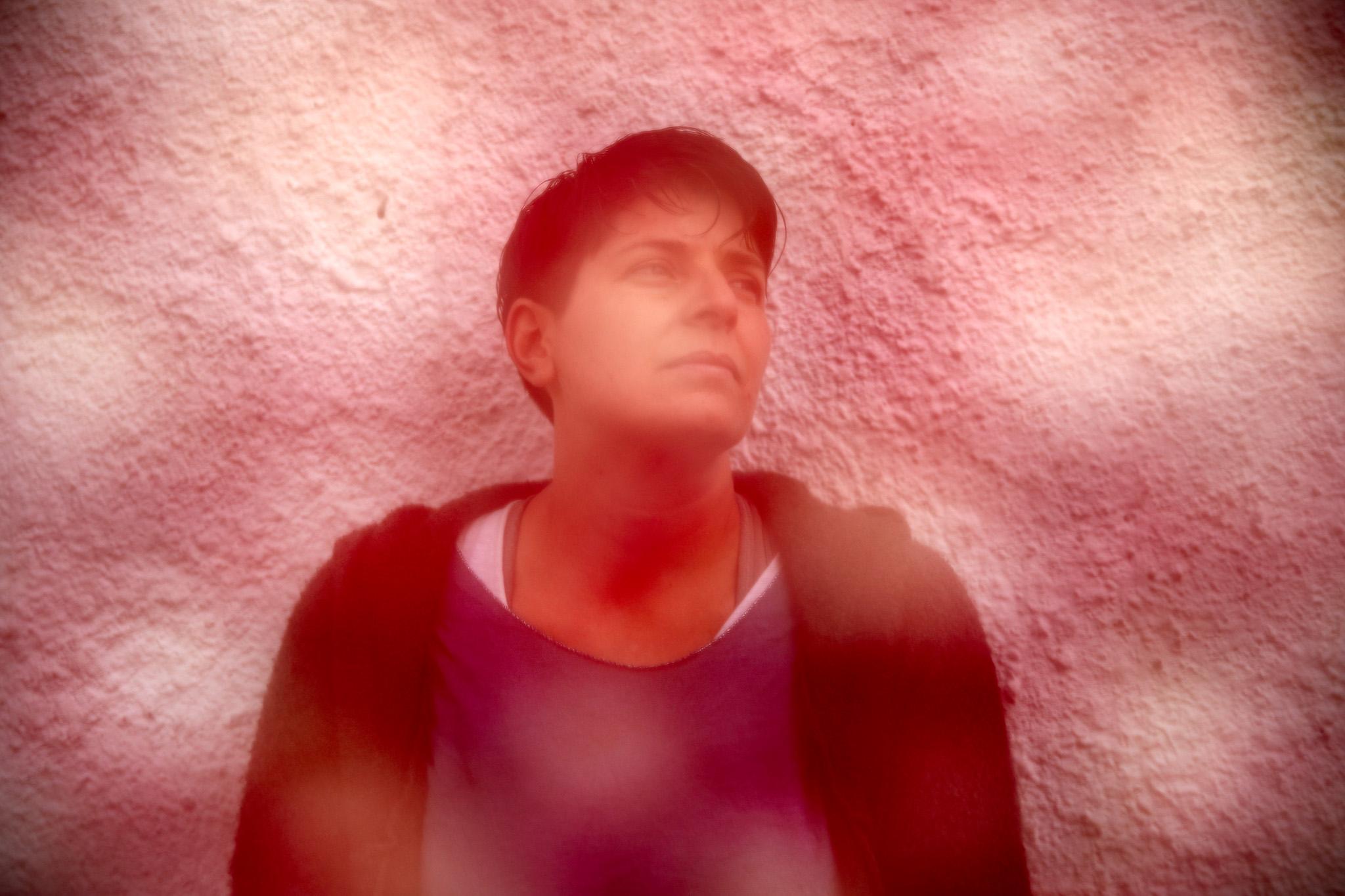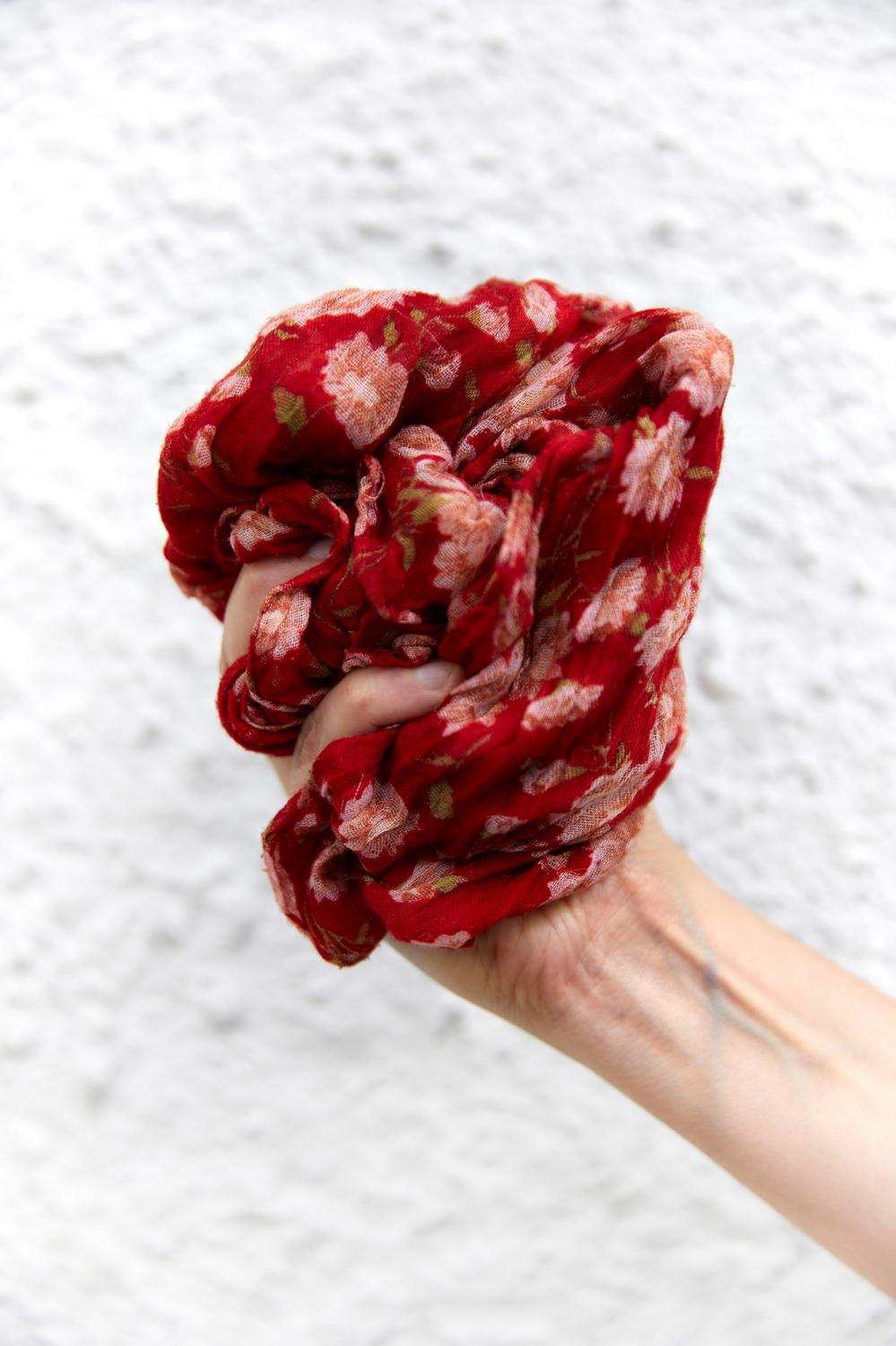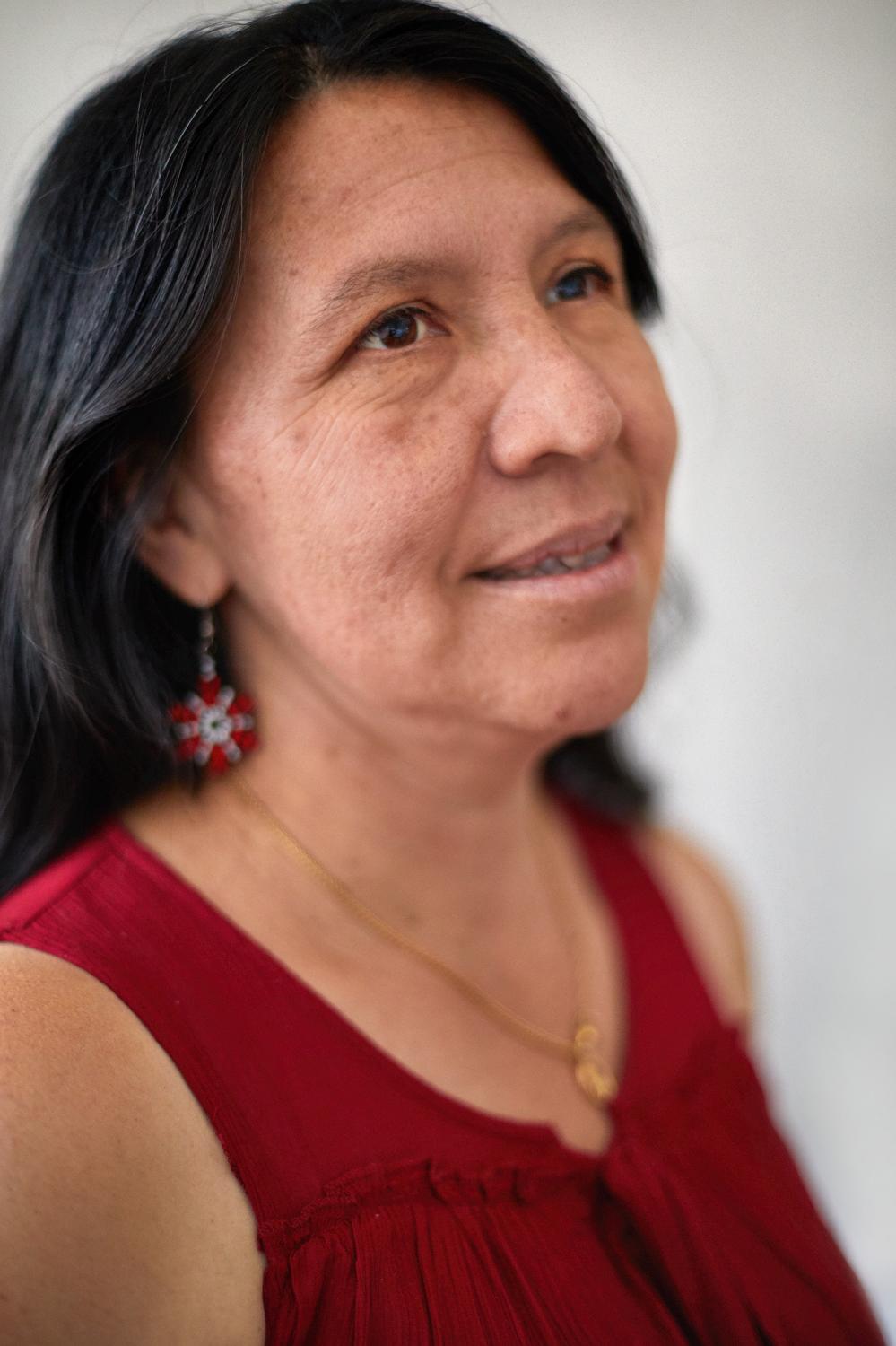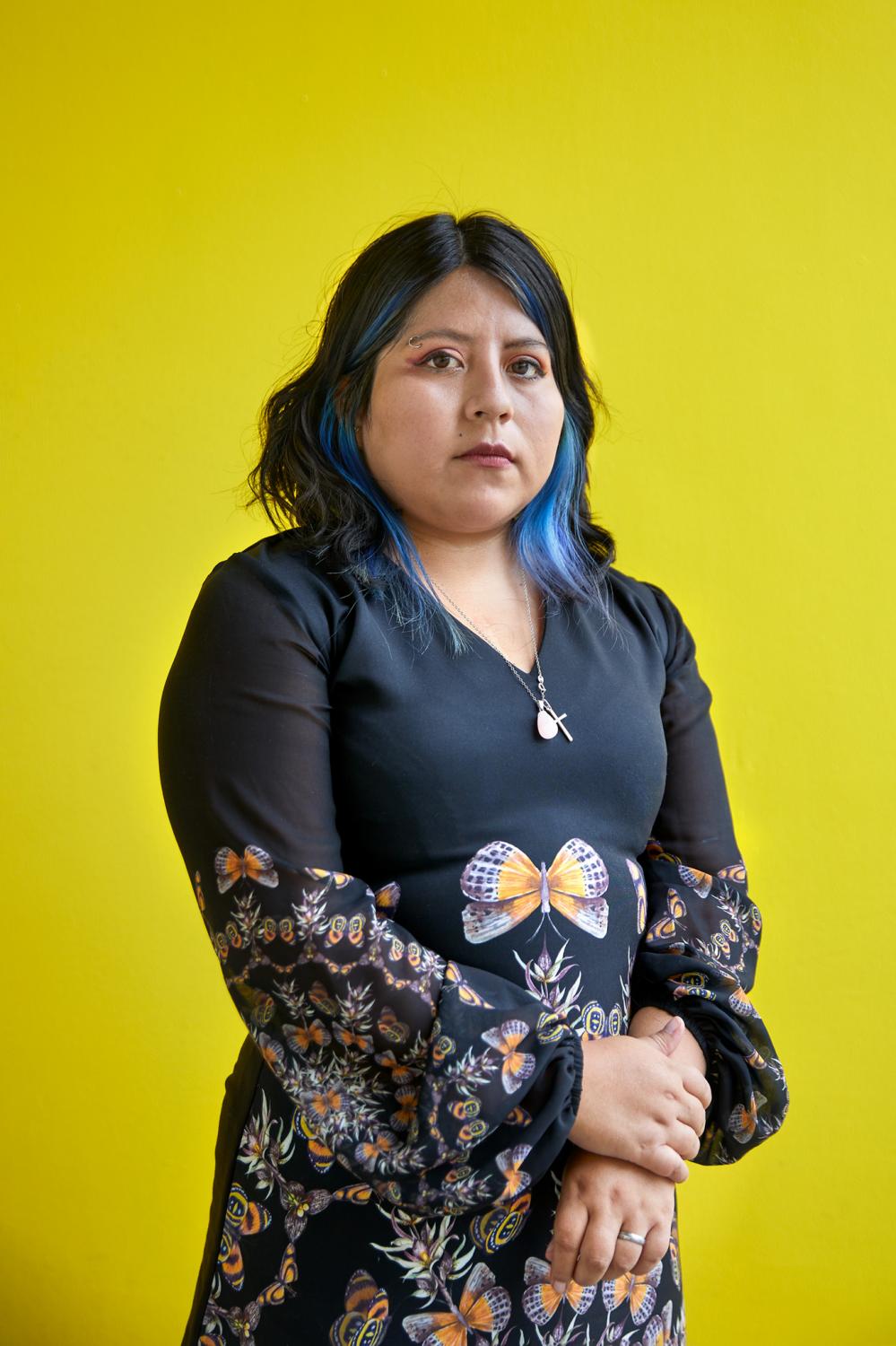All the members gathered before the leaders' meeting with the government board in Guatemala City, to present the report on the situation and claim the right to land. This, a few weeks before the eviction. ALTA VERAPAZ, GUATEMALA.
This March 7, 2021, about 1500 women mobilized from the Caja de Seguro to the Plaza de Santo Domingo in Quito, to commemorate International Women's Day.
A year ago began the health emergency due to Covid-19 and the historic mobilization of March 8, was the last one that women and feminist sectors starred in different parts of the country before the pandemic changed the dynamics of life and conditioned to a new reality the taking of the streets and public spaces.Additionally, the mobilization takes place in a context of electoral uncertainty, where there is still a second round where it will be announced who will assume the Presidency of Ecuador, in the midst of the precariousness of life and the social and economic crisis that the country is going through.
[Text from La Periódica]
A year ago began the health emergency due to Covid-19 and the historic mobilization of March 8, was the last one that women and feminist sectors starred in different parts of the country before the pandemic changed the dynamics of life and conditioned to a new reality the taking of the streets and public spaces.Additionally, the mobilization takes place in a context of electoral uncertainty, where there is still a second round where it will be announced who will assume the Presidency of Ecuador, in the midst of the precariousness of life and the social and economic crisis that the country is going through.
[Text from La Periódica]
March 2021
Eli, her story of resilience, that face that reflects the strength of a woman who has gone through every obstacle to make her own way.
Ely is part of Mujeres de Frente an organization of self-employed shopkeepers, recyclers, students, teachers, artists, unpaid domestic workers, relatives of people deprived of liberty, children, adolescents and women released from prison.
May 2021
Cristina: "When I had my first "serious lesbian relationship", my mom interrogated me in her room, with Jesus looking at me from the painting, his heart clutched in his hands."
With Cris's story I couldn't help but think that in the end it is she who took her own heart in her hands, those strong hands.
June 2021
Portrait of Ruth Montenegro, she is the mother of Valentina Cosíos Montenegro, a child victim of femicide.
When Valentina was 11 years old she was murdered in the school where she was studying on June 23, 2016, since then her mother, Ruth, fights tirelessly in the search for justice and to prevent more femicides.
June 2021
When Valentina was 11 years old she was murdered in the school where she was studying on June 23, 2016, since then her mother, Ruth, fights tirelessly in the search for justice and to prevent more femicides.
June 2021
Portrait of Bernarda Robles.
Bernarda was a victim of rape 10 years ago by Fernando M., a well-known cultural manager of the group "Rana Sabia". She has been through a long judicial process where her rights have been violated on several occasions and she continues to struggle in the search for justice.
Bernarda's words: "When I was born I had more hair than body. A straight, untamable, jet hair in which, as a child, some butterflies were pinned..."
July 2021
Bernarda was a victim of rape 10 years ago by Fernando M., a well-known cultural manager of the group "Rana Sabia". She has been through a long judicial process where her rights have been violated on several occasions and she continues to struggle in the search for justice.
Bernarda's words: "When I was born I had more hair than body. A straight, untamable, jet hair in which, as a child, some butterflies were pinned..."
July 2021
Public Project
Resilient women - LA PERIODICA
5,145

